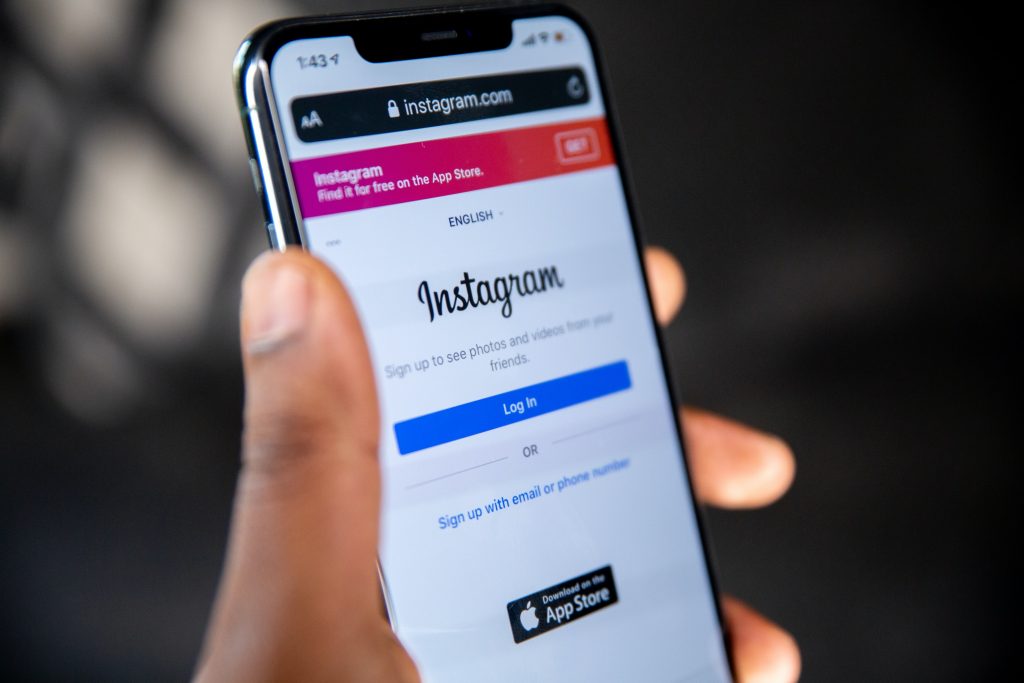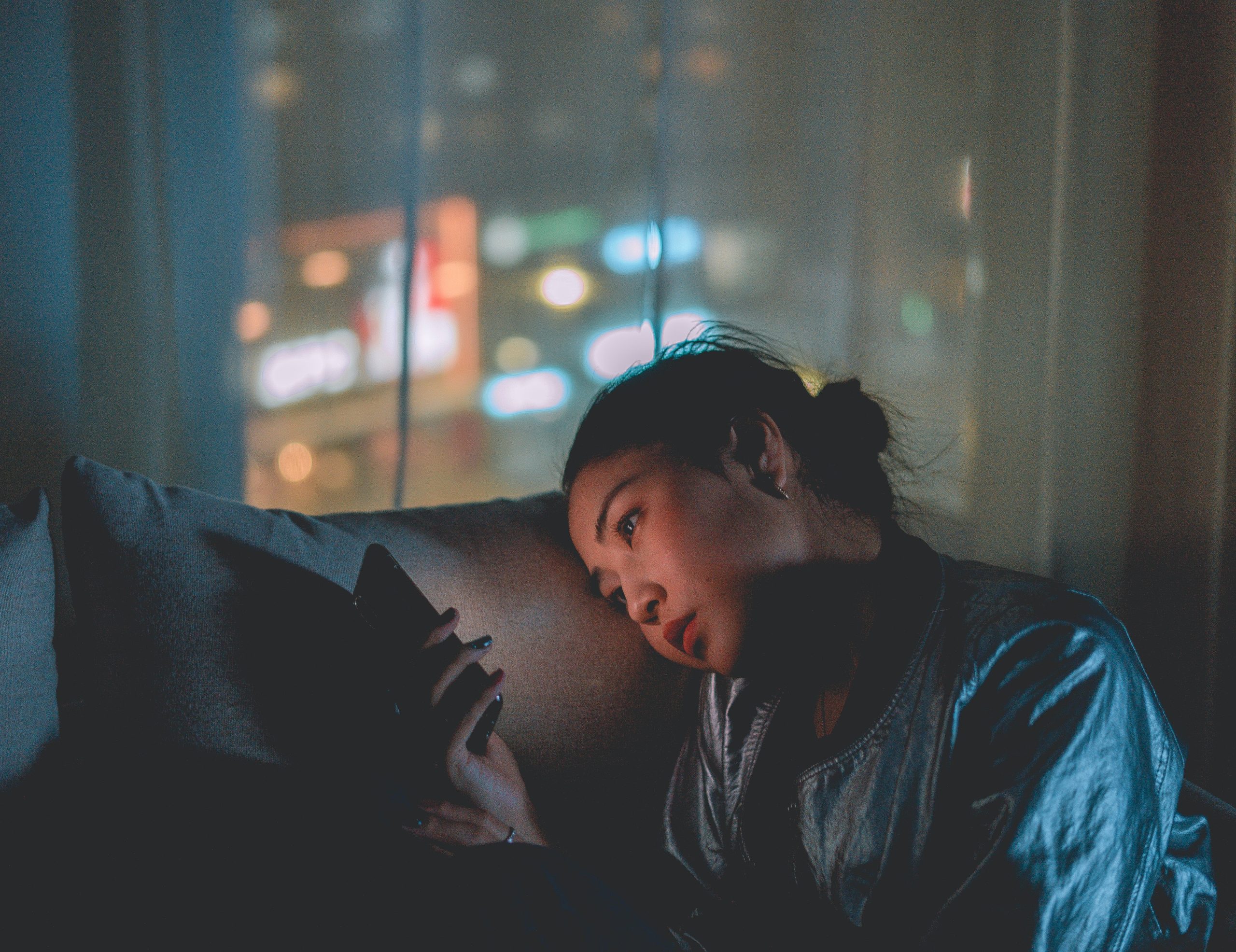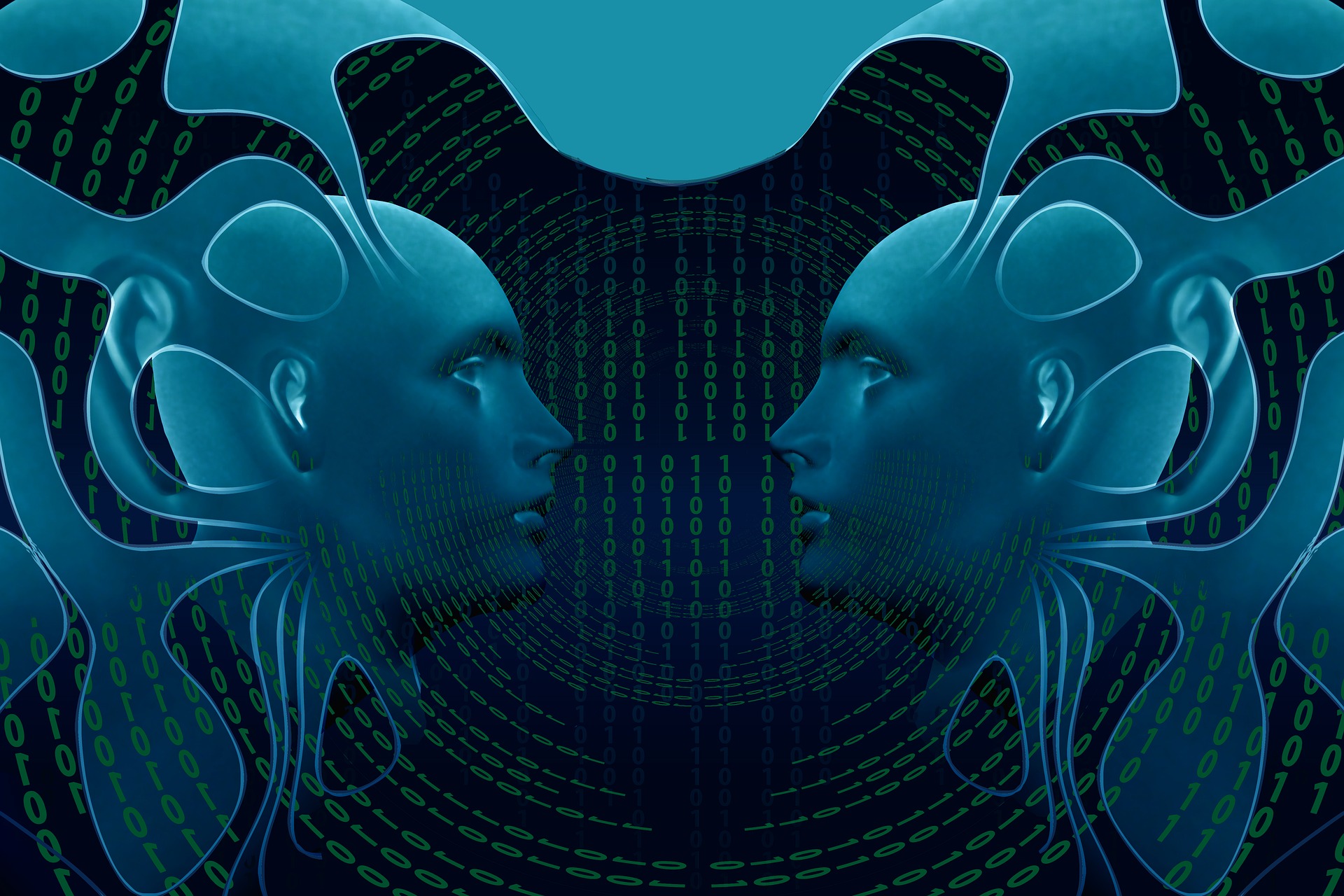It’s 8:15. I wake up because the neighbour’s dog is barking downstairs and the alarm on my phone is blasting like a female heroine screaming at her cheating fiancé on a Netflix reality show. Going to bed early doesn’t mean falling asleep instantly. When my head reaches the soft cosiness of the pillow and my eyelids start to become heavy, I instinctively reach for my cell. I’m looking at a bunch of recipes, funny meme videos that I forward to my friends, and I sulk that there are so many beautiful women and men on social media, while I’m overly exhausted and somewhere in the middle of losing myself. I lay in bed letting my insecurities grow and reach the height of Everest.
Doomscrolling is not a myth—it’s a phenomenon acknowledged by social media moguls and psychologists alike. We’ve become so dependent on technologies that we have forgotten to look for the off-switch. Where has a cup of tea or a glass of milk before bed gone? Let’s dig deeper into the impact of late-night scrolling and social media usage. Is there a way to leave this perpetual digital rhythm? I will try to give insight into this problem from various different perspectives to see whether we’re actually that doomed.
First and foremost, we should talk about the specific terminology. What is doomscrolling? According to Bhati Sharma et. al, “Doomscrolling refers to a unique media habit where social media users persistently attend to negative information in their newsfeeds about crises, disasters, and tragedies.”[1] It is true that we cannot avoid negative information in our everyday lives, but why do we voluntarily decide to go down “the rabbit hole”? We are looking for a cheap distraction, seeing that someone has it worse than you should work as temporary comfort, but it becomes ritualistic and actually increases anxiety rather than diminishing it.
Jacob Saindon in his 2021 dissertation on distraction discusses that “Overusing the smartphone distracts from social and work obligations, including eudaimonic activities, and produces individual repetitive stress injuries: eye strain, poor posture, and low-quality or insufficient sleep, as well as negative effects on mental health.”[2] It is widely known that the feeling of impending doom is closely related to anxiety and is triggered by some of the situations we cannot control. Negative social media stimulates the brain and tricks us into thinking that something catastrophic might happen even though we’re lying in bed in our favourite pyjamas and bed linen. This argument can be supported by an article written by Jim Folk for anxietycentre.com, “The sense of impending doom can last as long as the body is experiencing a high degree stress response from overly apprehensive behaviour and/or from involuntary actions caused by hyperstimulation.”[3] We push ourselves into an abyss of numbing feelings that gradually sucks us in.

Most of us probably know that our phones and computers emit a blue light that makes us experience strain and fatigue. The specialists from Harvard Health Publishing suggest that blue light affects the production of melatonin which is needed for our circadian rhythms to run smoothly. Bad sleeping habits are linked to depression and an overall emotional downfall.[4] We are in charge of how we react to this. I believe I have provided a sufficient amount of material to start acting. Time is precious—even the smallest steps can help you build healthy habits and improve the quality of sleep and general well-being. Here are some highly helpful tips and tricks that I’ve been using. Trust me, you’re talking to an overthinker, if I could do it, so can you:
- Unfollow or mute accounts that consistently share distressing content. Customize your social media feeds to prioritize positive and uplifting content.
- Instead of reaching for your phone before bedtime, practice relaxation techniques like reading your favourite book, meditating, or taking a warm bubble bath.
- It’s important to stay informed about current events, we can’t avoid it, but choose specific times during the day and specific news outlets that focus on providing accurate information rather than instilling a negative feeling.
- If doom-scrolling has become a compulsion or is significantly affecting your mental health and sleep, consider seeking help from a mental healthcare professional.
As we can see, late-night doom-scrolling may be a common habit in the digital age, but it comes at a high cost to our sleep and overall well-being. We are hyperstimulated by the news we read and the photos we see, therefore, it is necessary to limit our daily digital intake. Recognizing the consequences of this behaviour and taking steps to break the habit can lead to improved sleep quality, reduced anxiety, and enhanced overall well-being. It’s not about throwing your phone into the river; it’s about maintaining a healthy balance and dedicating more time to what actually makes you happy and content. We all are human, I know it can be hard at first, but self-love starts from within—let’s make it without our phones.
[1] Sharma, B., Lee, S. S., & Johnson, B. K. (2022). The Dark at the End of the Tunnel: Doomscrolling on Social Media Newsfeeds. Technology, Mind, and Behavior, 3(1: Spring 2022). https://doi.org/10.1037/tmb0000059
[2] Saindon, J., “THE USE OF DISTRACTION: DOOMSCROLLING, LOSING TIME, AND DIGITAL WELLBEING IN PANDEMIC SPACE-TIMES” (2021). Theses and Dissertations–Geography. 73. https://uknowledge.uky.edu/geography_etds/73
[3] Anxiety Centre. (2021b, May 19). Fear Of Impending Doom Anxiety – AnxietyCentre.com. AnxietyCentre.com. https://www.anxietycentre.com/anxiety-disorders/symptoms/fear-of-impending-doom/
[4] Harvard Health. (2020, July 7). Blue light has a dark side. https://www.health.harvard.edu/staying-healthy/blue-light-has-a-dark-side



